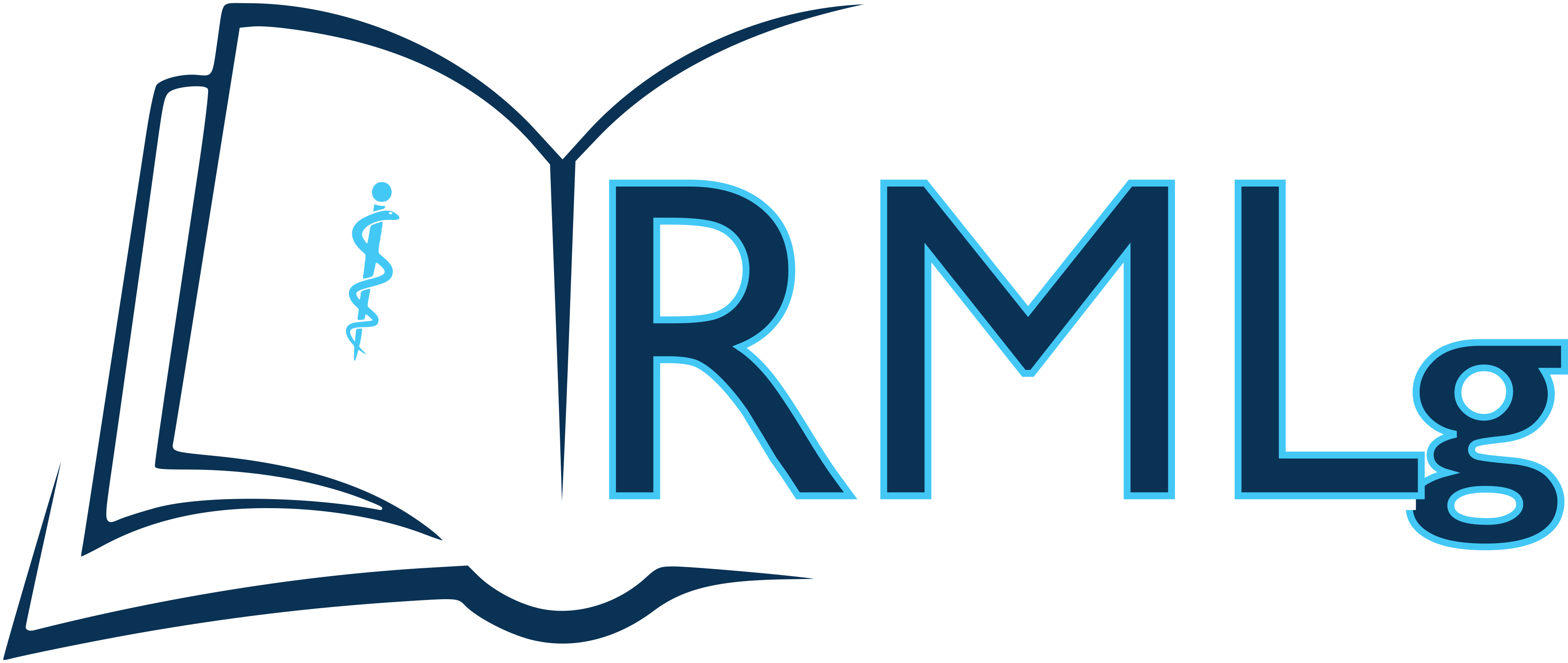-
High fidelity simulation : a new tool for learning and research in pediatrics
Bragard I. , Farhat N. , Seghaye M-C. , Schumacher K.
Rev Med Liege 2016, 71(10),455-459Abstract : Caring for a sick child represents a high risk acti¬vity that requires technical and non-technical skills related to several factors such as the rarity of certain events or the stress of caring for a child. As regard these conditions, medi¬cal simulation provides a learning environment without risk, the control of variables, the reproducibility of situations, and the confrontation with rare events. In this article, we des¬cribe the steps of a simulation session and outline the current knowledge of the use of simulation in paediatrics. A session of simulation includes seven phases following the model of Peter Dieckmann, particularly the scenario and the debriefing that form the heart of the learning experience. Several studies have shown the advantages of simulation for paediatric trai¬ning in terms of changes in attitudes, skills and knowledge. Some studies have demonstrated a beneficial transfer to prac¬tice. In conclusion, simulation provides great potential for training and research in paediatrics. The establishment of a collaborative research program by the whole simulation com¬munity would help ensure that this type of training improves the quality of care.

